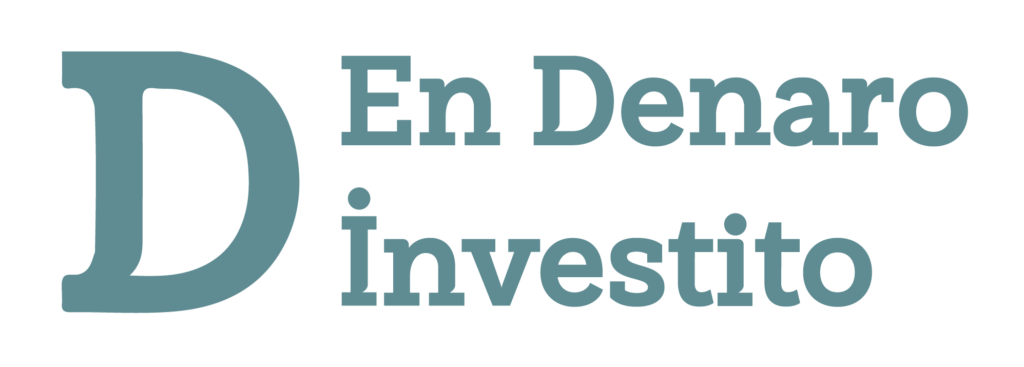How to Apply for a Loan Step by Step: Without Mistakes
Navigating the world of loans can be a complex yet essential journey for anyone looking to make significant financial decisions. Whether you’re considering purchasing a home, starting a business, or consolidating debt, understanding the fundamentals of loans is crucial. This guide aims to demystify the process and equip you with the knowledge needed to make informed choices.
In today’s diverse financial landscape, loans come in various forms, each tailored to meet different needs and circumstances. From personal and auto loans to mortgages and student loans, each type offers unique terms and benefits. By grasping the intricacies of these options, you can identify which loan aligns best with your financial goals.
*You will stay on the same site.
Moreover, being well-informed about interest rates, repayment plans, and eligibility requirements can significantly enhance your borrowing experience. With the right insights and resources, securing a loan doesn’t have to be intimidating or overwhelming. Read on to discover valuable tips and strategies that will empower you to navigate the loan process with confidence and clarity.
Understanding Personal Loans
Personal loans are unsecured loans that individuals can use for various purposes like debt consolidation, home improvements, or unexpected expenses. They are versatile and often easier to obtain compared to other loan types. A personal loan does not require collateral, which makes it an appealing choice for many.
The interest rates for personal loans can vary widely depending on the borrower’s credit score, lender policies, and overall economic conditions. Borrowers with high credit scores tend to receive more favorable rates. Therefore, maintaining a good credit score can be a significant advantage when applying for a personal loan.
Furthermore, the repayment terms for personal loans are typically fixed, ranging from one to seven years. Monthly payments are consistent, making it simple for borrowers to manage their finances. This predictability can be especially beneficial for those who need a clear financial plan.
The Application Process for Personal Loans
Applying for a personal loan usually involves several steps, beginning with choosing a lender. Comparing different lenders is crucial to find one that offers competitive rates and terms that fit your needs. Online lenders, banks, and credit unions are popular options to consider.
Once a lender is selected, the next step is gathering necessary documentation, such as proof of income and identification. Many lenders also conduct a credit check to assess the borrower’s creditworthiness. Being prepared with all requisite documents can expedite the approval process.
Approve Your Loan
Discover how to apply for Co-operative
Clear and detailed guide.
*You will stay on the same site.
After submitting an application, the borrower must wait for the lender to make a decision, which usually takes a few days. If approved, funds can be deposited into the borrower’s account relatively quickly. Understanding this process helps borrowers set realistic expectations and timelines.
Advantages of Personal Loans
One major advantage of personal loans is their flexibility in terms of use. Whether it’s for a vacation, medical bills, or weddings, the borrower has the autonomy to allocate the funds as desired. This flexibility is attractive to those looking to manage various financial needs simultaneously.
Another benefit is the ability to consolidate high-interest debts into one lower-interest loan. This can simplify monthly payments and potentially save money on interest over time. For individuals struggling with multiple debts, this can be a strategic financial move.
Lastly, personal loans can be a way to build credit when managed responsibly. Making timely payments can improve credit scores, which may lead to better loan terms in the future. Consequently, personal loans can serve not only immediate financial needs but also long-term financial health.
Procedure Without Complications
Request your ANZ Bank loan
Everything you need to know.
*You will stay on the same site.
Delving into Mortgage Loans
Mortgage loans are specifically designed for purchasing real estate, typically involving larger sums of money and longer repayment periods than personal loans. This type of loan is secured, meaning the property acts as collateral. As a result, they often have lower interest rates due to reduced risk for lenders.
There are various mortgage products available, such as fixed-rate and adjustable-rate mortgages, catering to different financial situations and preferences. Fixed-rate mortgages offer stability with consistent payments, while adjustable-rate mortgages might offer lower initial rates.
Understanding eligibility criteria is crucial when applying for a mortgage. Lenders evaluate the applicant’s credit score, income, and debt-to-income ratio to assess financial capability. Preparing for this scrutiny by organizing financial documents in advance is essential for a smooth application process.
Get Credit Easily
Discover how to apply for ASB Bank
Step-by-step practical guide
*You will stay on the same site.
Exploring Auto Loans
Auto loans are secured loans that facilitate the purchase of a vehicle, using the car itself as collateral. This means if the borrower defaults, the lender can repossess the vehicle. Due to this security, interest rates for auto loans are typically lower than those for unsecured loans.
The terms of auto loans usually vary based on the borrower’s credit score and the age of the vehicle. New car loans might have longer terms and lower rates compared to used car loans. Therefore, borrowers should assess different options to find the best fit for their financial standing and vehicle choice.
When applying for an auto loan, potential borrowers should consider the total cost of the loan, including interest and any additional fees. This comprehensive understanding helps ensure that the monthly payments align with the borrower’s budget, paving the way for a financially sound decision.
In conclusion, understanding the different types of loans and their respective intricacies is vital in making informed financial decisions. From personal loans offering flexibility to mortgage loans providing a pathway to homeownership, each loan type plays a unique role in achieving financial goals. By equipping oneself with knowledge about terms, eligibility, and repayment processes, individuals can confidently navigate the loan landscape, ultimately enhancing their financial well-being.




